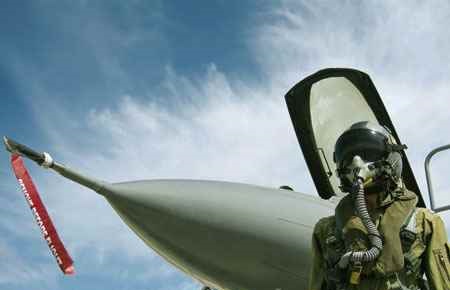
Aerospace Physiology and Medicine Major
Aerospace Physiology and Medicine Studies is a major program that focuses on the scientific study of the physiological processes involved in low and high-altitude flight and living in space and related low-pressure and low-gravity environments, including sensorimotor interactions, response mechanisms, and the effects of injury, disease, and disability.
A major program in Aerospace Physiology and Medicine Studies will likely include courses in anatomy, molecular and cellular basis of muscle contraction, fuel utilization, neurophysiology of motor mechanics, systemic physiological responses (respiration, blood flow, endocrine secretions, and others), fatigue and exhaustion, systemic environmental pathologies, muscle and body training, physiology of specific exercises and activities, physiology of injury, and the effects of disabilities and disease.
What can you do with a major/degree in Aerospace Physiology and Medicine Studies?
With a degree in Aerospace Physiology and Medicine Studies, you have a variety of opportunities in the medical fields and research and development supporting the aerospace industry’s need for expertise in a multitude of human factors engineering systems.
Trade Associations and Professional Organizations in Aerospace Physiology and Medicine Studies:
Professional associations are groups of specialists dedicated to topics in particular fields. Professional associations provide a wealth of online resources, some of which are geared specifically towards students. These organizations typically also host conferences and events, providing great opportunities for learning and networking across your field of interest.
Publications/Magazines in Aerospace Physiology and Medicine Studies?